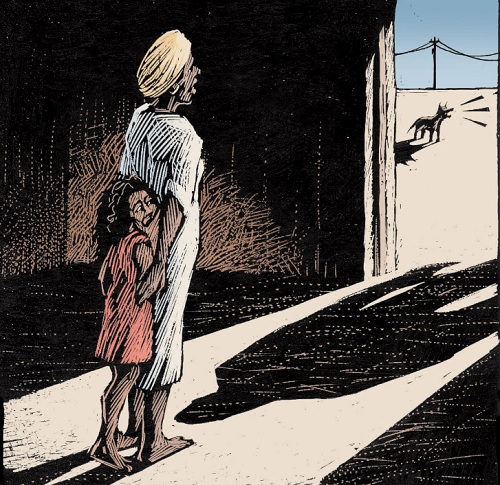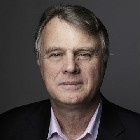Fighting poverty means fighting sexism
|
Nowhere in the world do women have as many opportunities as men, whether those opportunities are economic, social or political. If we’re going to make our commitments under the Sustainable Development Goals (SDGs) count, we have to start here. When the SDGs were adopted by the United Nations in September last year, it was plain that 2015 was a key year for development. But now it’s time to put the plan into action. One of the most important promises of the goals is the pledge of equity to 50% of the world’s population–women. To start with, that means more and better data. World leaders cannot pledge to “leave no one behind” if we don’t know where everyone is and how they live. On International Women’s Day, ONE released its second “Poverty Is Sexist” report, including an index of the 20 toughest places in which to be born a girl–with Niger, Somalia and Mali topping the list. The index was based on recent data, which had 80% coverage across all countries. Yet even so, some 30 countries couldn’t be included because of incomplete information. We’re facing a sexist data crisis–we must have gender disaggregated data in order to know where and how women and girls are being left behind. Two areas where we know they are being left behind involve health and nutrition. Over a woman’s life the lack of nutrition and provisions against diseases create a vicious cycle, which feeds down from mother to child. Too many children are born into the world without full and robust health; they are left behind in the race for a prosperous and flourishing life before it has even started. But if all pregnant women had access to all the nutrition they needed, over 800,000 infant deaths could be averted every year and millions more would live better lives–as would their mothers, of course.
Poor nutrition in early childhood is not the only threat that children face. Even if a girl makes it past her fifth birthday, she’ll still be threatened time and time again by preventable diseases. In South Africa alone more than 800 girls aged 15-19 are infected with HIV every week. That’s why, in 2016, ONE is championing health and nutrition for women and girls. Access to health care and proper nutrients is vital, and we must tackle the obstacles to getting these, such as finance, cultural attitudes and distance. Making headway against preventable diseases such as HIV, tuberculosis and malaria will take gender-specific and smart financial investments. It’s vital to encourage African governments to use their own domestic budgets to fund such programmes, and to tackle the corruption that can cripple health services. But international donors still have a role to play. Over the next 15 years, while the development sector adopts new campaigns and uses new technology, we mustn’t forget what works. And The Global Fund to Fight AIDS, TB and Malaria is one of the institutions that really does. The fund is on track to have saved 22 million lives by the end of 2016, an extraordinary amount of human potential that would have otherwise been lost. To protect girls and women from these three deadly diseases, we need world leaders to strengthen their support for the Global Fund–some 60% of its investments specifically support girls and women. That’s why a successful Global Fund replenishment this year will be one of the first real tests of the Global Goals. Of course, no single organisation–no single intervention–can ensure that the SDGs are achieved. But if we work together, we can see an end to poverty, gender inequality and preventable diseases by 2030. That is an inspiring challenge for civil society, governments and business to work towards–together. At ONE, we are all in. Join us. Visit www.one.org References Lake, Anthony and Michael Sidibé (2015), “To End the AIDS Epidemic, Start Focusing on Adolescents”, www.unaids.org Global Fund, The (2015), “The Link Between HIV and Violence Against Women”, www.theglobalfund.org ONE (2016), Poverty Is Sexist 2016, one.org
Closing the gender gap at the OECD Forum 2016 International collaboration at the OECD Forum 2016 |
Michael Elliott
|
Related Documents




